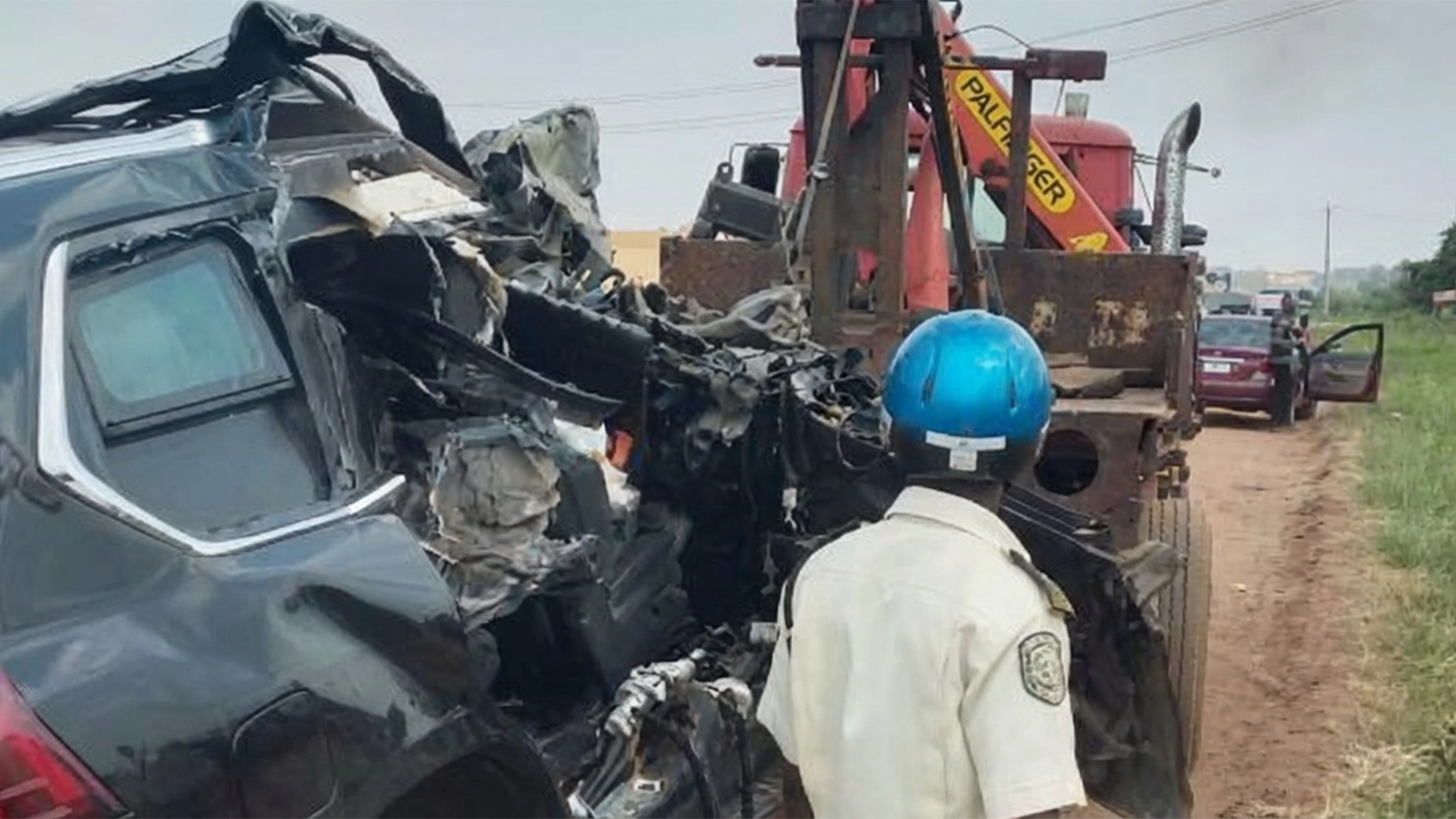Says Nigeria doesn’t recognise foreign troops
The Federal Government, yesterday, stated that recent pronouncements by the United States President Donald Trump on Nigeria’s security situation have been instigating opportunistic violent groups.
Secretary to the Government of the Federation (SGF), George Akume, while addressing the evolution of violent extremism, Boko Haram and Islamic State West Africa Province (ISWAP) insurgency and banditry, said it was initially driven by economic motives rather than religion, as many people alluded.
Warning that the opportunistic groups were already exploiting international narratives to stage renewed attacks on soft targets, Akume insisted that insurgency had been significantly degraded before the latest wave of commentary from Washington. He added that though his statements were well-intentioned, “it has an unintended effect” of emboldening extremist factions.
According to him, what Nigeria needed from global partners, especially the U.S., was collaboration through intelligence, technology and equipment rather than public labelling that distorts the country’s security realities.
He also denied genocide against Christians, even in his state, Benue, stressing that Boko Haram and ISWAP historically attacked both churches and mosques, killing Christians, Muslims and traditionalists, while those operating from the North-West were bandits with economic motives.
He said: “The present misrepresentation of the crisis as ‘genocide against Christians’ fuels religious tension, emboldens extremist and criminal factions seeking to exploit sectarian narratives, creates diplomatic friction and undermines Nigeria’s longstanding efforts to build constructive international security partnerships.
“Nigeria is a secular state whose constitution prohibits the adoption of any religion as a national faith and President Bola Tinubu’s appointments reflect the nation’s diversity with equal representation of Christians and Muslims in the Federal Executive Council (FEC) and the National Security Council.
He also reiterated the role of the 2011 collapse of Libya and instability in Egypt, which opened trafficking corridors for extremist groups, as contributing factors.
“Weapons flowed through Al-Qaeda-linked AQIM routes into the Sahel and Nigeria, boosting the operational capacities of Boko Haram, ISWAP and, later, armed banditry networks,” he added.
Speaking about banditry in the North-West, the SGF said all credible analyses point to economic roots, including competition for land and water resources, cattle rustling, illegal mining of gold and other minerals, kidnapping-for-ransom and extortion of rural communities.
“These pressures, not religious motives, explain the persistence of violence in the North-West.”






